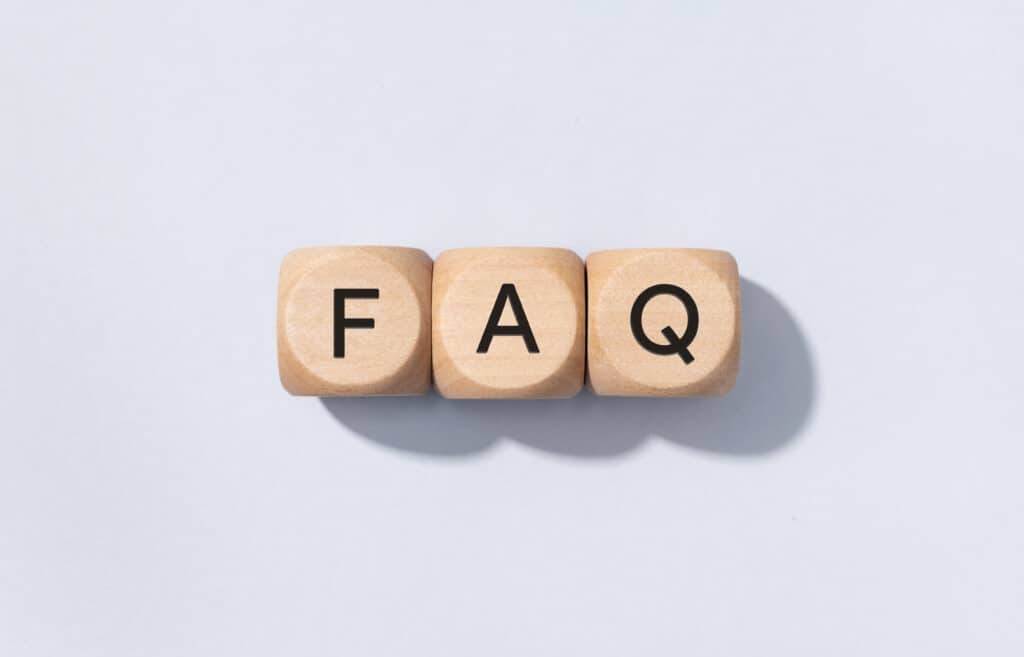Licensed Mental Health Counselors (LMHC) and Licensed Clinical Social Workers (LCSW) represent two distinct career paths within the mental health field.
Each profession plays a critical role in providing care, but they differ in their approach, education, and the scope of their practice.
Both fields require rigorous professional training, adherence to ethical guidelines, and a commitment to continuing education to ensure they can provide the highest standard of care.
Understanding LMHC and LCSW

Licensed Mental Health Counselors (LMHCs) and Licensed Clinical Social Workers (LCSWs) are both important professionals in the field of mental health services.
Each offers unique perspectives and skills to promote mental health and well-being.
| Licensed Mental Health Counselors (LMHC) | Licensed Clinical Social Workers (LCSW) |
|---|---|
| LMHC, or Licensed Mental Health Counselor, is a professional who specializes in providing psychological care and therapy to individuals, groups, and families. | LCSW, or Licensed Clinical Social Worker training, emphasizes not only individual mental health but also includes a broader focus on social systems and social justice issues. |
| They are trained to diagnose and treat a wide range of mental and emotional disorders. | They are qualified to assess, diagnose, and provide treatment, including psychotherapy for mental, behavioral, and emotional issues. |
| LMHCs must obtain a master’s degree in counseling or a related field and complete post-graduate supervised clinical work to qualify for licensure. | An LCSW must hold a master’s degree in social work and gain experience through supervised clinical practice. |
Educational Paths
Pursuing a career in mental health services involves fulfilling specific educational requirements.
Those aspiring to become Licensed Mental Health Counselors (LMHC) or Licensed Clinical Social Workers (LCSW) must complete graduate-level education and meet accreditation standards.
| Education Requirements for LMHC | Education Requirements for LCSW |
|---|---|
| LMHC candidates are typically required to hold a master’s degree in counseling or a closely related field from an accredited institution. | Prospective LCSWs must earn a Master of Social Work (MSW) from a program accredited by the Council on Social Work Education (CSWE). |
| The accreditation is often provided by the Council for Accreditation of Counseling & Related Educational Programs (CACREP). | The graduate degree includes both academic instruction and practical training, with a strong emphasis on fieldwork. |
| Such programs involve comprehensive coursework in topics like human growth and development, ethical practice, and counseling techniques. | Topics covered may range from social welfare policy and human behavior to advanced social work practice. |
| Additionally, LMHC students must complete a significant amount of supervised clinical hours post-graduation to qualify for licensure. | Furthermore, to become an LCSW, graduates must acquire several years of supervised clinical social work experience. |
Scope of Practice

In the comparison of LMHCs and LCSWs, a clear distinction lies in their respective scopes of practice, particularly regarding capabilities to diagnose, provide treatment and psychotherapy, connect with social services, and leverage community resources.
| Scope for LMHC | Scope for LCSW |
|---|---|
| Licensed Mental Health Counselors (LMHCs) are trained to provide a wide range of mental health services, including the assessment and diagnosis of mental illnesses. | Licensed Clinical Social Workers (LCSWs) have a broader scope of practice, transcending typical psychotherapy and connecting clients with relevant social services and community resources. |
| Their proficiency lies in devising and implementing therapeutic treatment plans for individuals experiencing emotional or psychological distress. | Not only are they qualified to diagnose and treat mental, emotional, and behavioral issues, but their training also emphasizes the integration of social work perspectives, addressing the larger social factors impacting a person’s well-being. |
| In many cases, LMHCs are employed within private practice settings or agencies focusing on mental health treatment, using psychotherapeutic techniques tailored to the needs of their clients. | LCSWs often work in settings that require an understanding of complex social systems that contribute to the client’s environment. |
Specializations

When comparing Licensed Mental Health Counselors (LMHC) and Licensed Clinical Social Workers (LCSW), it is vital to understand the differences in their specialization they have.
Both focus on providing support and treatment for mental health issues, but their approaches can vary due to their training and scope of practice.
| Specializations in LMHC | Specializations in LCSW |
|---|---|
| Licensed Mental Health Counselors typically specialize in treating individuals through various psychological therapies. | Licensed Clinical Social Workers hold a broad specialization that extends to social aspects affecting mental health. |
| They are known for their role in addressing mental health disorders, offering individualized treatment plans, and engaging in therapy sessions. | They adopt a holistic approach that encompasses the client’s environment and social factors in their treatment plan. |
| LMHCs often work with clients facing anxiety, depression, and behavioral disorders. | LCSWs are authorized to assess, diagnose, and treat mental health conditions, including substance abuse and behavioral disorders. |
Interventions
Licensed Mental Health Counselors (LMHCs) and Licensed Clinical Social Workers (LCSWs) play vital roles in providing therapeutic interventions to individuals, families, and communities.
In this table, we will delve into the interventions commonly utilized by LMHCs and LCSWs.
| Interventions in LMHC | Interventions in LCSW |
|---|---|
| These professionals are trained in a range of psychotherapy approaches, including cognitive-behavioral therapy and solution-focused therapy. | In terms of interventions, LCSWs may provide psychotherapy, but their methods include a strong emphasis on connecting clients with community resources and support systems. |
| Their focus is often on the diagnosis and treatment within a clinical setting, and they may also conduct group counseling sessions to address issues like substance abuse and addiction. | An LCSW’s training equips them to carry out therapy and intervention on both the individual and group levels, often coordinating with other healthcare professionals to address complex social and mental health problems. |
How to find an LMHC or an LCSW
Individuals can find LMHCs or LCSWs through professional directories offered by reputable organizations, such as the American Counseling Association for LMHCs or the National Association of Social Workers for LCSWs, or through online therapy directories, such as Find-a-Therapist.com which allows filtering your search to contact the right professional according to your needs and preferences.
Frequently Asked Questions

What are the main differences in responsibilities between an LMHC and an LCSW?
LMHCs primarily focus on providing psychological counseling and therapy to clients, helping them manage and overcome mental health issues.
LCSWs may offer similar therapeutic services but also address social and systemic factors affecting individuals, incorporating a broader scope that includes advocacy and connecting clients with social resources.
How does the scope of practice vary between an LMHC and an LCSW?
The scope of practice for LMHCs typically revolves around mental health counseling, while LCSWs have a diverse range, extending their services to include social work practices like case management, community organizing, and social justice advocacy.
Can both LMHC and LCSW professionals diagnose and treat mental health disorders?
Yes, both LMHC and LCSW professionals are qualified to diagnose and treat mental health disorders, employing various therapeutic techniques and interventions appropriate to their licensure and training.
What are the educational and licensure requirements for LMHCs as opposed to LCSWs?
LMHCs are required to have a master’s degree in counseling or a closely related field with supervised clinical experience, followed by a state licensure exam.
Conversely, LCSWs must earn a master’s degree in social work and complete supervised clinical experience, in addition to passing a comprehensive social work licensing exam.
References
Brady-Amoon, P., & Keefe-Cooperman, K. (2017). Psychology, counseling psychology, and professional counseling: Shared roots, challenges, and opportunities. The European Journal of Counselling Psychology, 6(1), 41-62. Link.
Werner-Lin, A., McCoyd, J. L., Doyle, M. H., & Gehlert, S. J. (2016). Leadership, literacy, and translational expertise in genomics: Challenges and opportunities for social work. Health & Social Work, 41(3), e52-e59. Link.





